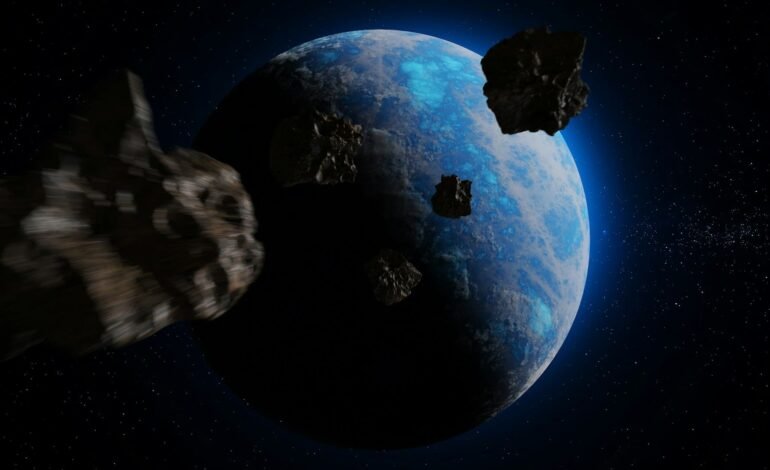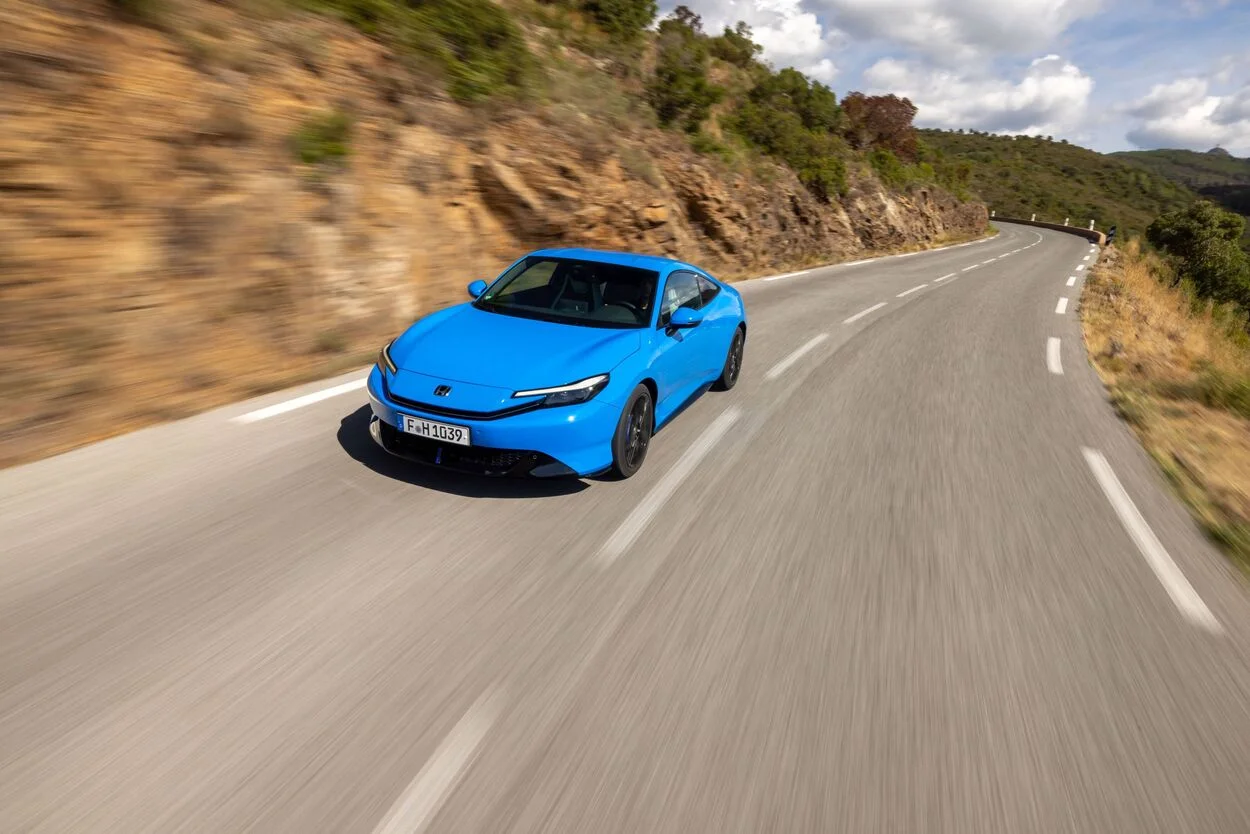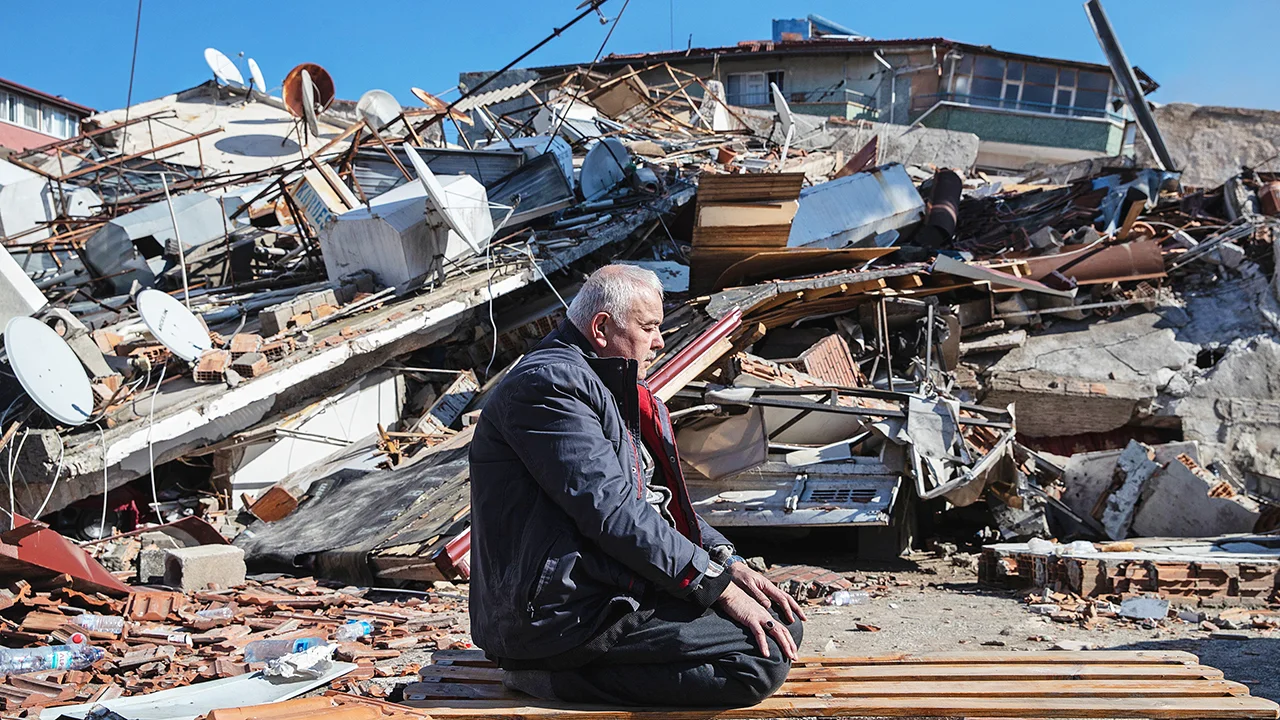Asteroid deflection could backfire, scientists warn

Scientists warn that asteroid deflection has to be precise and that striking the wrong spot can risk it travelling through a gravitational keyhole that puts it on course for a future collision with the Earth. Lessons learned from NASA’s DART mission, researchers are working on probability maps to advise safer strategies for impact.
Choosing the right location to hit a spacecraft on the surface for an asteroid deflection needs to be done with great care, according to research presented at the EPSC-DPS2025 Joint Meeting in Helsinki. Hitting the surface indiscriminately risks knowing it into a gravitational keyhole that could mean that it will come back around to strike the Earth in the future.
“Even if we intentionally push an asteroid away from Earth with a space mission, we must make sure it doesn’t drift into one of these keyholes afterwards. Otherwise, we’d be facing the same impact threat again down the line,” said Rahil Makadia, a NASA Space Technology Graduate Research Opportunity Fellow at the University of Illinois at Urbana-Champaign, who is presenting the findings at the EPSC-DPS2025 meeting.
The NASA DART and Double Asteroid Redirection Test mission struck a small asteroid called Dimorphos, which orbits the larger Didymos, in September 2022. DART was a ‘kinetic impactor’ meaning that it slams into the asteroid with enough energy to send it into a new orbit. This provides a possibility to deflect an asteroid that could be on track to collide with the Earth.
A mission from the European Space Agency called Hera plans to follow up on the DART impact when it reaches Didymos and Dimorphos in December 2026.
The system is too massive to be deflected onto a collision with us, making it of little concern where DART struck. But for other hazardous asteroids orbiting the sun, even a small change in its orbit could send it into a gravitational keyhole.
The keyhole effect centres around a small area in space where the gravity of a planet can modify the orbit of passing asteroids, causing them to get back on a collision course with the planet at a future date.
Stay tuned to EyeOnLondon for the latest news and expert opinions.
Follow us on:
Subscribe to our YouTube channel for the latest videos and updates!
We value your thoughts! Share your feedback and help us make EyeOnLondon even better!









